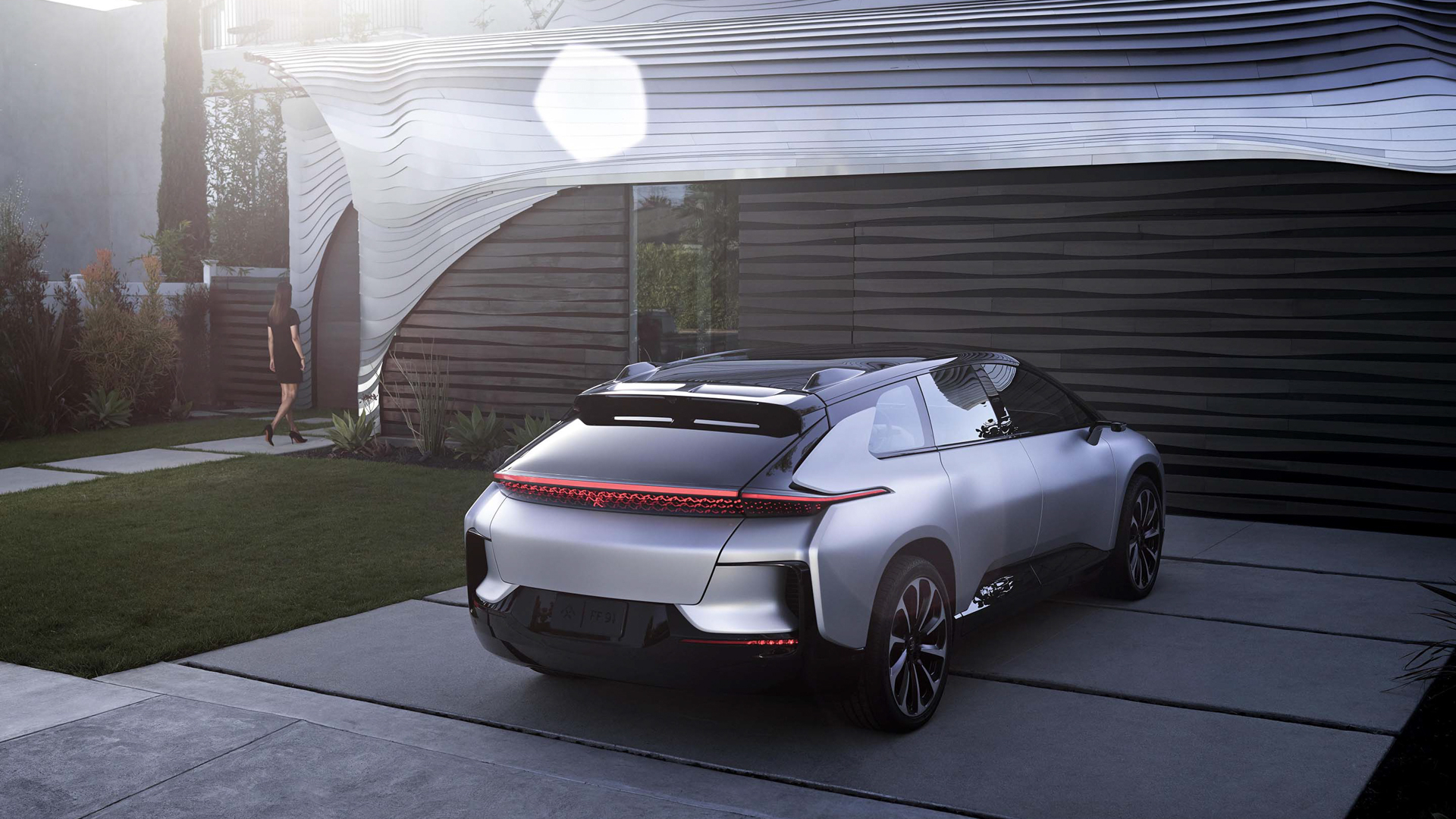

QUICK SUMMARY
Embattled EV maker Faraday Future is back from the dead (again) and announced plans to produce a fleet of electric minivans.
One of those vans, called the FX 6, was quietly demonstrated at the CES technology show in Las Vegas in early January.
Do you remember Faraday Future? You’d be forgiven for thinking the electric car maker had disappeared long ago, another EV startup failure to sit alongside the likes of Byton.
But no, the company once thought to have been Apple’s car project in disguise is back. Faraday Future is using the CES technology show in Las Vegas this week to announce plans for a brand rebirth that focuses on cheap electric minivans built with parts shipped from China.
It’s a long way from Faraday’s original plan, which was to build and sell an audacious $309,000 luxury EV called the FF91 – although preorders for that can still seemingly be placed.
Instead, Faraday has launched a spin-off brand called FX, which is tasked with building a range of electric minivans. The first models planned for production include the FX 5 (expected to cost from just $20,000, which is about £16,000) and the FX 6 (starting at $30,000 or about £25,000). These could be offered with two types of powertrain, Faraday Future says, with fully-electric versions and a range-extended option, where a small engine acts as an onboard generator to top up the battery.
The new FX division claims it has an initial goal of “at least one model” rolling off the production line by the end of 2025. That isn’t very long at all, especially for all-new vehicles developed by a company that failed to reach mass production for its previous car.
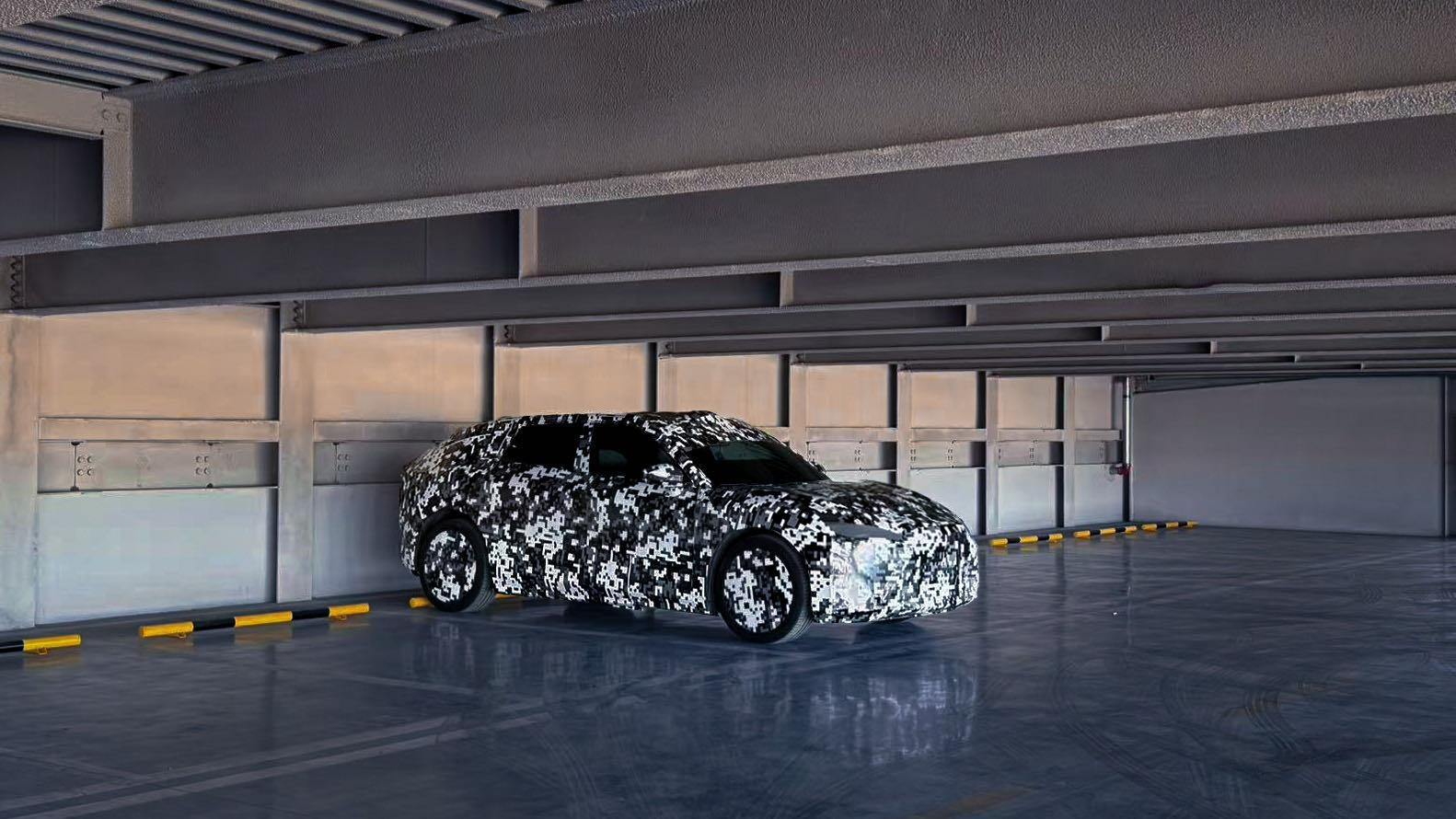
There are precious few photos of the vehicles, other than a grainy picture of the FX 6 provided by Faraday Future and embedded above. It demonstrated vehicles to journalists in a car park at CES this week, but photographs were not permitted.
As well as all that, Faraday also plans to launch a plush new electric minivan called the FX Super One in the second quarter of 2025. It describes the vehicle as “the first-ever first class AI-MPV in the US,” and adds how it hopes it’ll be “targeted to be a top mobility choice for visionaries and theory familiars and fill a market gap”.
Sign up to the T3 newsletter for smarter living straight to your inbox
Get all the latest news, reviews, deals and buying guides on gorgeous tech, home and active products from the T3 experts
The company doesn’t expand much on what role artificial intelligence (AI) will play, but its goal of producing a high-end electric minivan is actually a sound one. Celebrities no longer book a stretched limo when they want to head into town, or be collected from a concert. But instead they’re increasingly drawn to plush vans like the Mercedes V-Class, which offer a decent tide, plus space for their entourage, shopping and, well, whatever else celebrities tend to travel with. There’s likely a market for diplomatic and executive transportation too.
It seems that Faraday Future has spotted this opportunity. It said this week: “FX Super One is designed to cater to both leaders and visionary groups, represented by celebrities, stars, and high-profile business professionals across various industries, also as a top mobility choice for their families. It merges personal use and family needs.”
There’s no price for the Super One yet, but we can imagine it’ll be positioned well clear of the rest of the FX van range, potentially closing in on the six-figure mark in the US.
Will a fleet of electric vans be enough to save Faraday Future? Or will it once again disappear into obscurity? We’re looking forward to finding out.
Alistair is a freelance automotive and technology journalist. He has bylines on esteemed sites such as the BBC, Forbes, TechRadar, and of best of all, T3, where he covers topics ranging from classic cars and men's lifestyle, to smart home technology, phones, electric cars, autonomy, Swiss watches, and much more besides. He is an experienced journalist, writing news, features, interviews and product reviews. If that didn't make him busy enough, he is also the co-host of the AutoChat podcast.
-
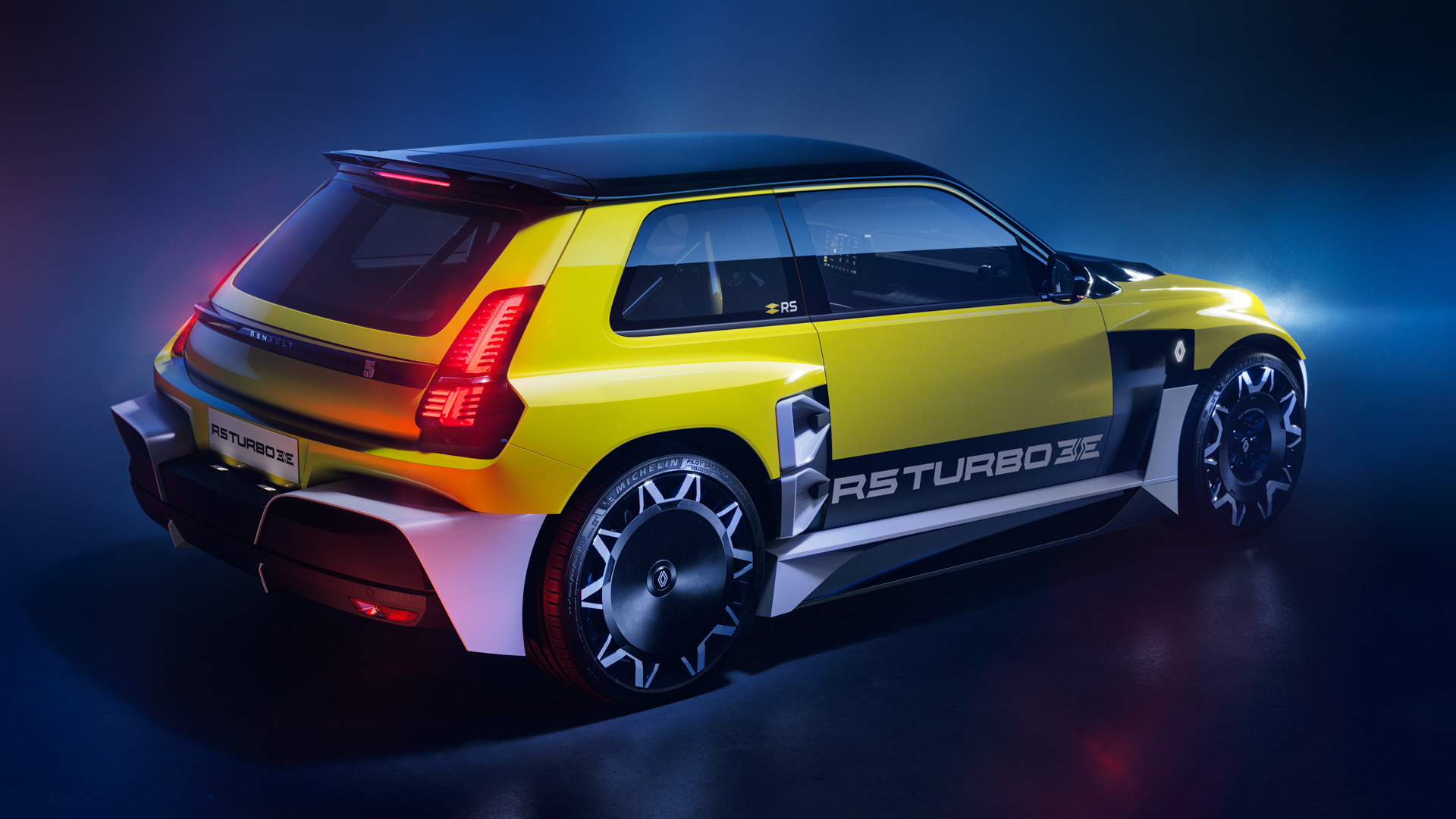 This new Renault EV costs more than a Porsche 911, and I still want one
This new Renault EV costs more than a Porsche 911, and I still want oneThe mad Renault 5 Turbo 3E now has a price, and you’ll need deep pockets
By Alistair Charlton
-
 Hyundai goes after Renault 5 Turbo with wild Insteroid concept
Hyundai goes after Renault 5 Turbo with wild Insteroid conceptElectric cars are boring? Not on Hyundai’s watch, they aren’t
By Alistair Charlton
-
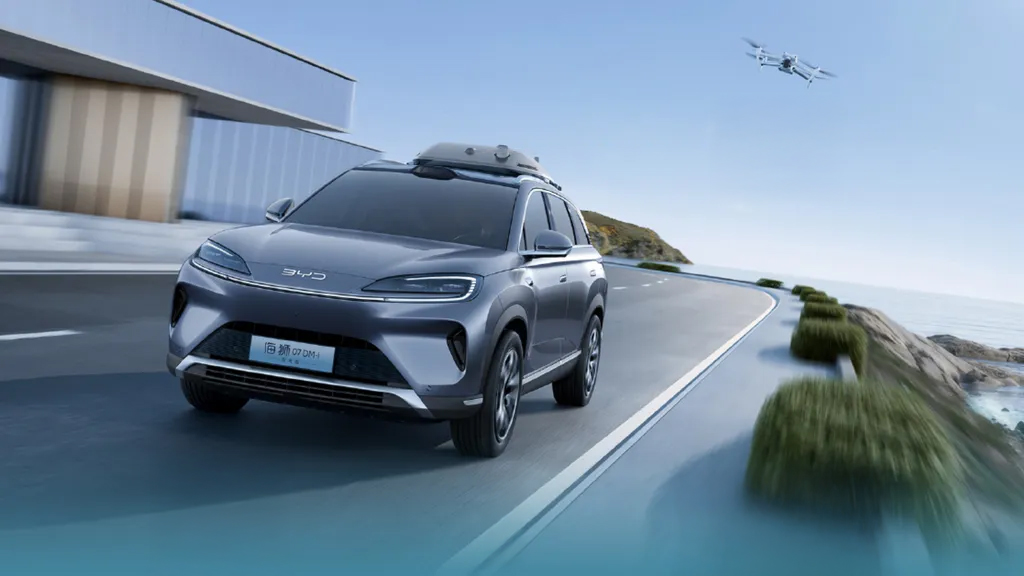 This DJI drone launch pad fits to the roof of your electric car
This DJI drone launch pad fits to the roof of your electric carEV maker BYD has teamed up with DJI to make a roof-mounted drone station
By Alistair Charlton
-
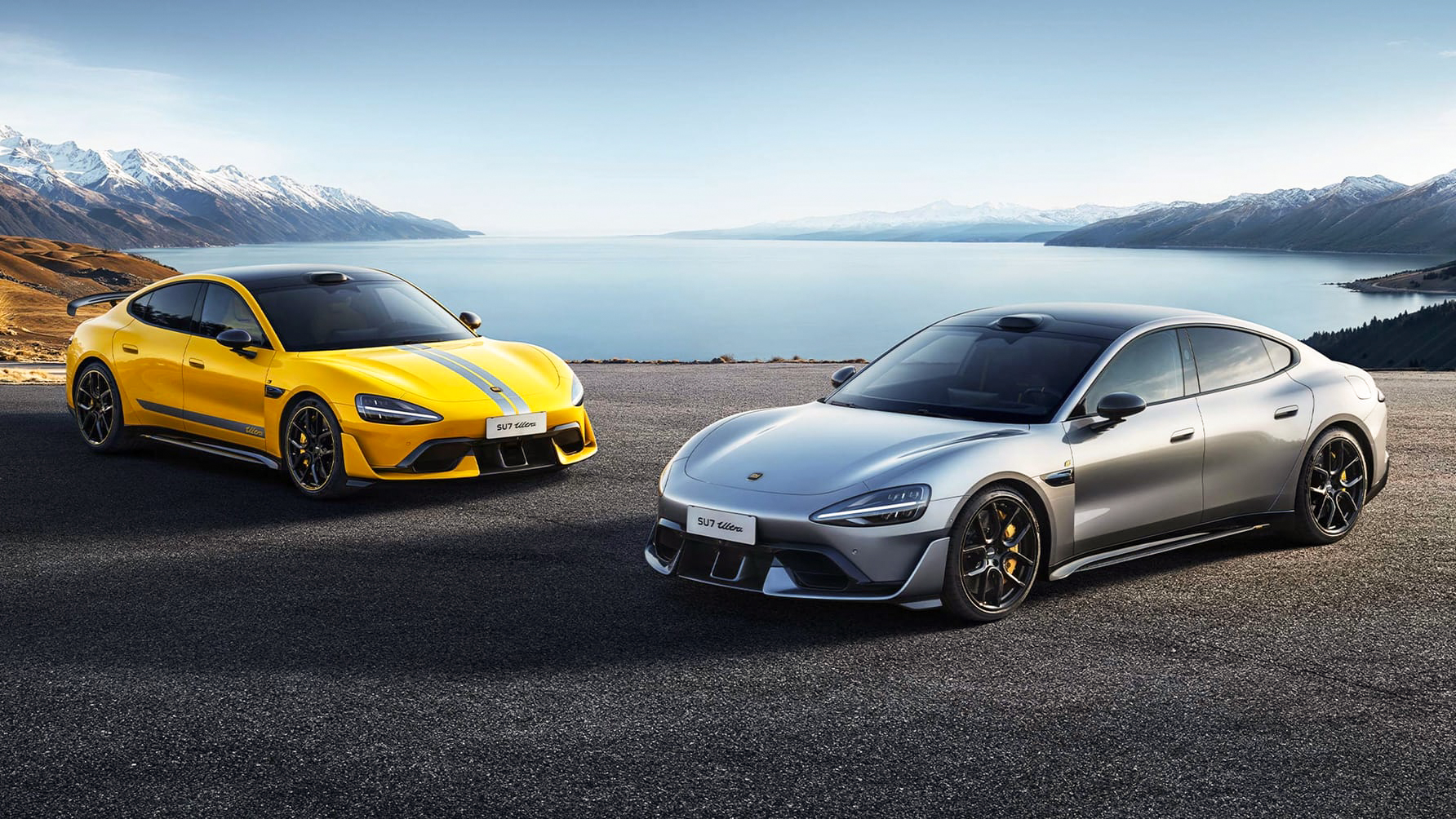 Xiaomi just revealed one of the most interesting EVs of the year
Xiaomi just revealed one of the most interesting EVs of the yearThe Xiaomi SU7 Ultra is a Chinese EV ready to take on Porsche and Tesla
By Alistair Charlton
-
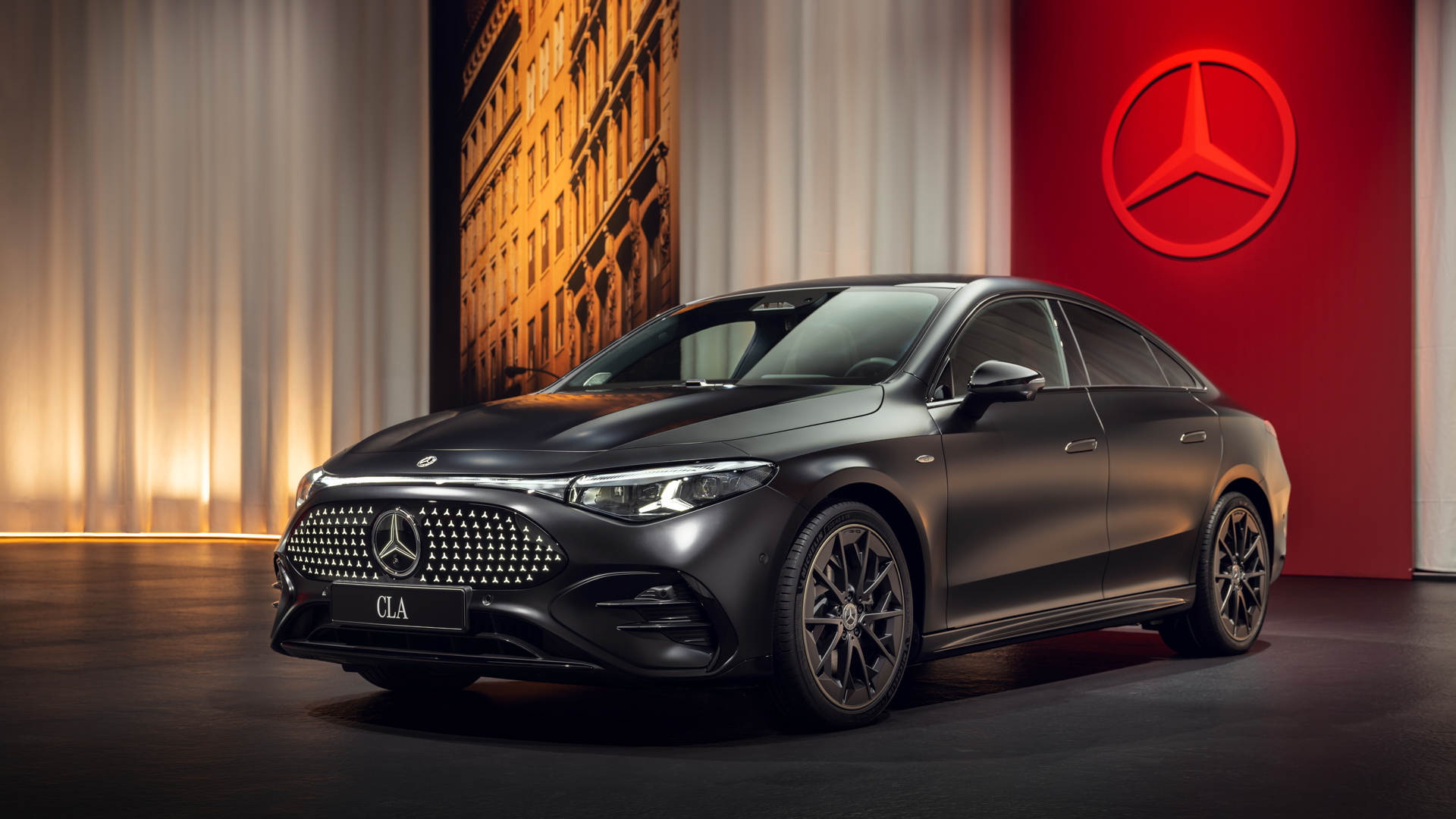 The all-new Mercedes-Benz CLA has AI so smart it wants to be your friend
The all-new Mercedes-Benz CLA has AI so smart it wants to be your friendMercedes’ second generation of electric cars has landed and it's a technology tour de force
By Alistair Charlton
-
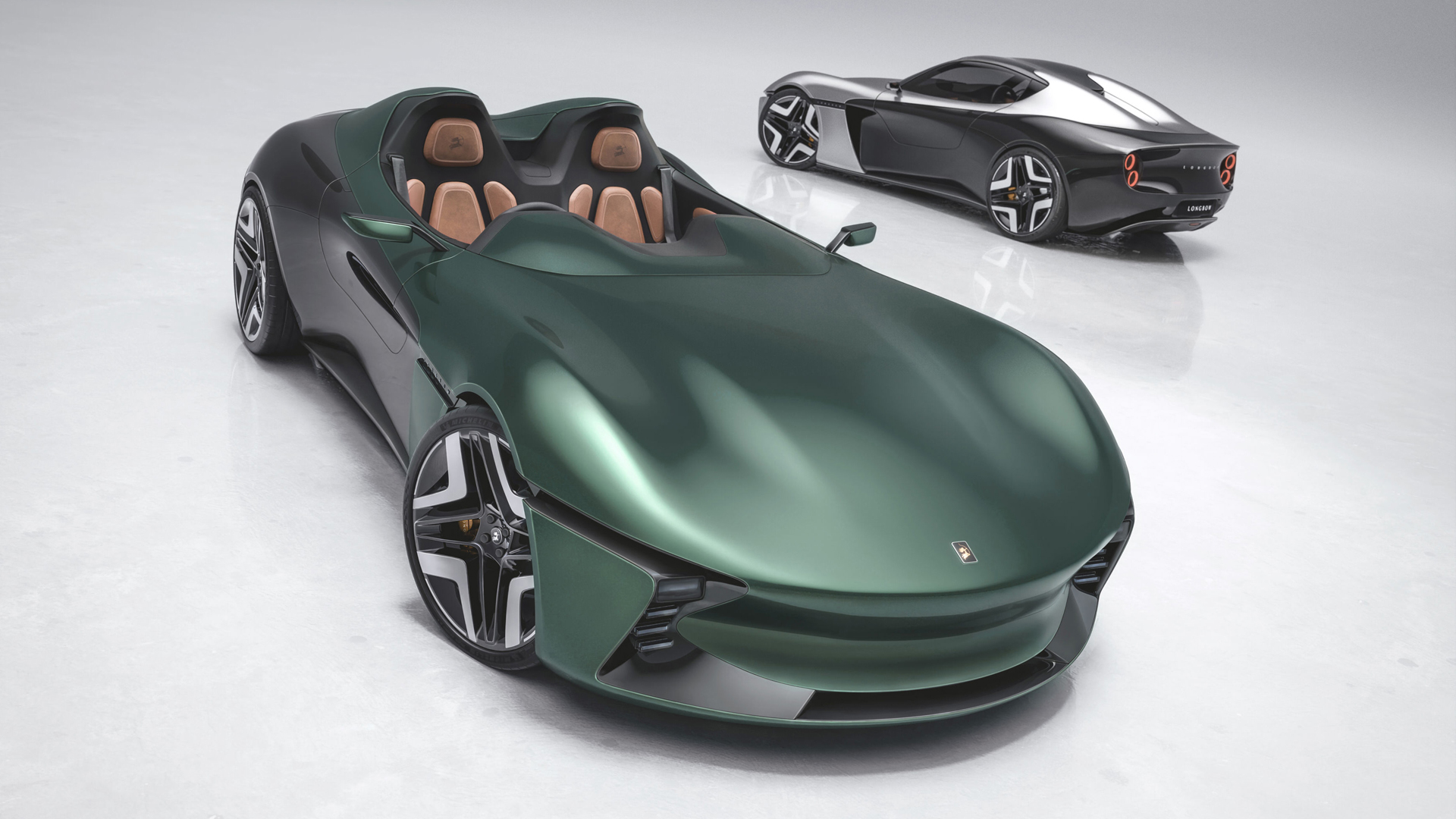 Forget Tesla, this is the best-looking electric sports car we've ever clapped eyes on
Forget Tesla, this is the best-looking electric sports car we've ever clapped eyes onNew British car manufacturer Longbow thumbs its nose at Tesla with an impressive EV sports car
By Chris Hall
-
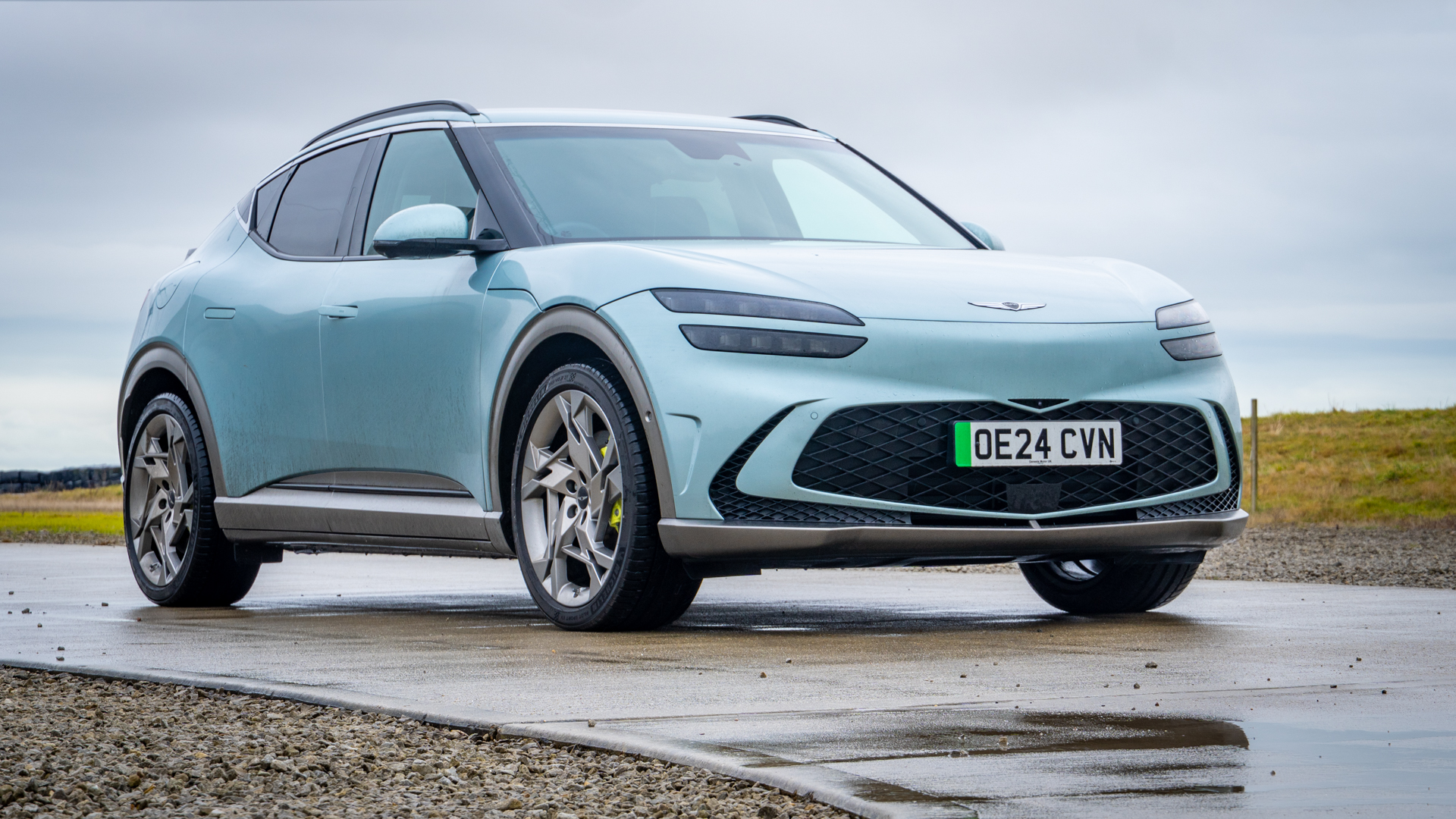 12 things I learnt driving this electric car for six months
12 things I learnt driving this electric car for six monthsHere’s what happened during six months and 4,000 miles with a Genesis GV60
By Alistair Charlton
-
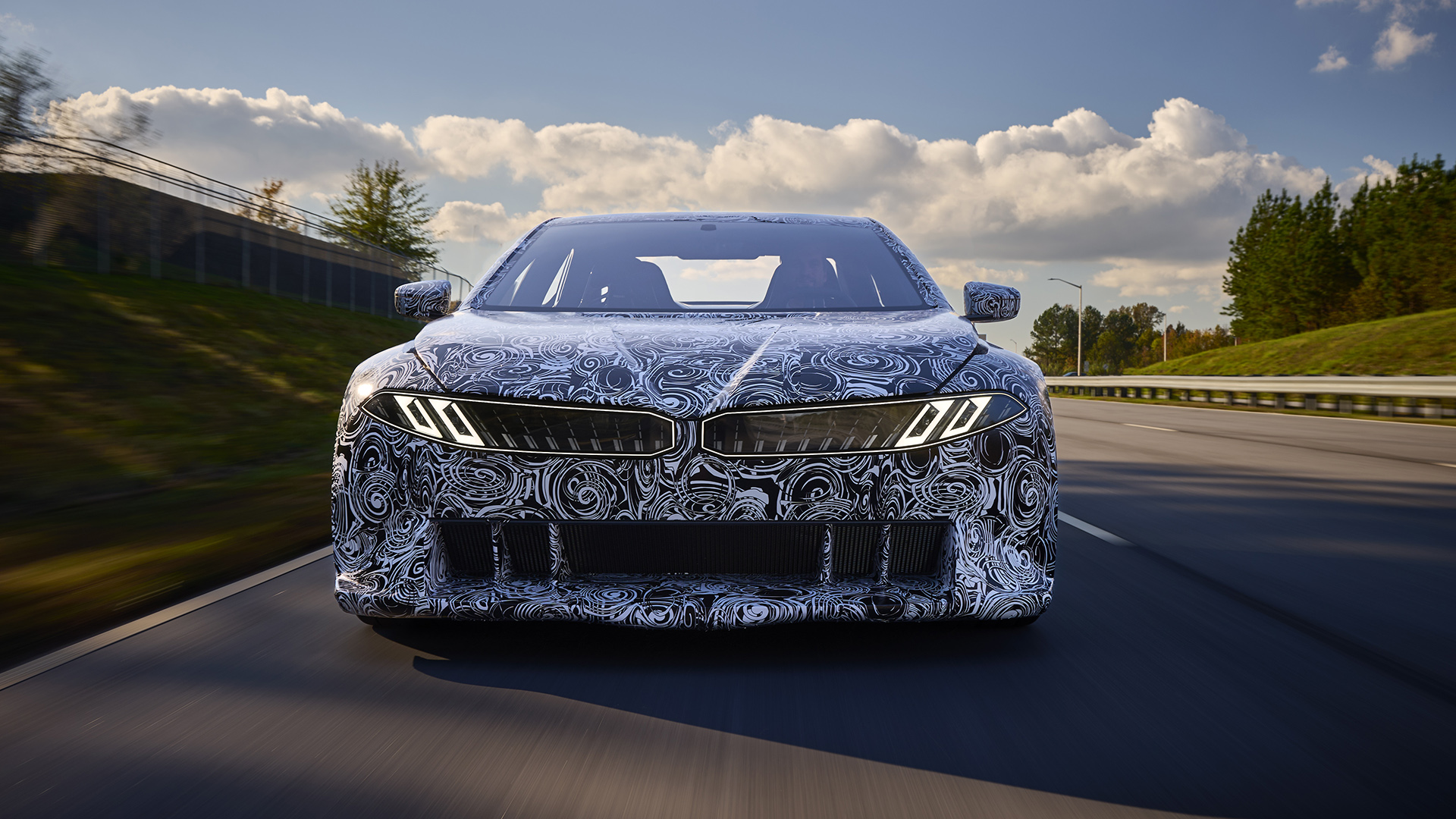 Forget Tesla, this is the most powerful EV I’ve tried by miles
Forget Tesla, this is the most powerful EV I’ve tried by milesThe BMW Vision Driving experience shows just how powerful EVs of the future could be
By Mat Gallagher

